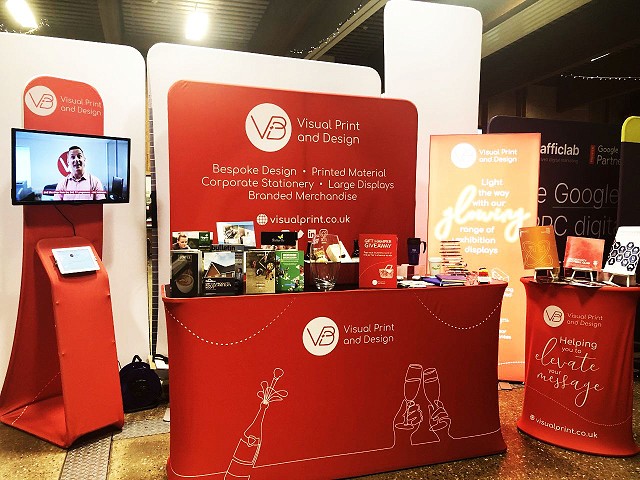
How to plan an event: Our 10-step guide
There is an endless list of reasons why running an event is crucial for your business – it can help you connect with current customers and prospects and successfully build business relationships with them.
However, whether you’re organising a small networking event or a large charity ball, you must have a plan.
Every event, no matter how simple or complex, require detailed planning and organisation to ensure their success.
But where do you start?
1. Define your goals and objectives
To begin with, you need to define what your goal is. Is it to drive new sales? Increase brand awareness? Support a product launch? Before anything else, you need to establish what your objectives are so you can reach your ultimate goal.
2. What’s your budget?
This is an early essential step in event planning as establishing a budget can help avoid unwanted surprises. Some critical expenses to consider are the cost of the venue, food and drink, décor, staff and marketing. The budget for each of those expenses do not need to be fixed costs but keep in mind the maximum you can afford.
3. Build your event team
An event of any size needs a team effort approach to handle all the details. Delegate the job to one event manager and then create subcommittees, such as venue management, marketing, sponsorship, registration and on-the-day management etc.
4. Create an event master plan
Once you have an idea of your goals, team and budget, it’s time to start planning. Write down all areas of your event and what you need to consider. These include (but are not limited to):
- The venue, logistics, insurance and contracts
- Sponsors, partners and speakers
- Entertainment
- Volunteer management
- Marketing and promotion
- Registration/ sign up
5. Pick your date and venue
Determining where and when is a crucial stage as you need to think about when is the best time of year to host it and where it will be held so you can achieve your objectives. Research venues as early as possible as big venues can be booked a year or two in advance. When picking a venue, you will need to consider location, facilities, accessibility, size, parking, insurance and cost.
6. How does it look?
How are you going to make sure the event attracts the right attention? Your event should have its own identity and design but must still link back to your organisation. Things you need to consider is the event name, logo and colours, tagline, onsite décor, digital assets and printed marketing collateral.
7. Sponsorships and exhibitors
Seeking corporate sponsors is certainly a great way to fund a proportion of the event and allow you to create strategic relationships with suppliers, customers and associates. This can be done by offering speaker opportunities, signage sponsors, table sponsors or even prize sponsors. Another way you can help fund the event is by offering exhibitor packages to businesses and allocating them a space at the event so they can promote their products and services.
8. Plan your marketing tactics
How do you attract an audience to the event? Produce a strategic marketing plan, utilising both traditional and digital marketing. Spread the word of the event by social media, press releases, digital marketing, print marketing or billboards.
9. The event itself
Once everything is prepared and planned, you need to ensure the day, evening, weekend or week runs smoothly. A list of the timings in order and what is happening at each time (e.g., 7:30 – attendees arrive, 8:30 – food etc.) will help, along with ensuring appropriate delegation happens so no parties are overwhelmed.
10. Measure, measure, measure
How will you measure the success of your event? There is no point in using events as a sales or marketing tactic if you are not going to measure the success of it. This should be determined by objectives set at the start and these can be measured using data and analytics, event survey, social media traction, sales report etc.
Planning your next event for 2022?
We’d love to help your next business event shine through expert print and design. Drop us an email or call us on 01522 300222 to arrange a free consultation with one of our experts.